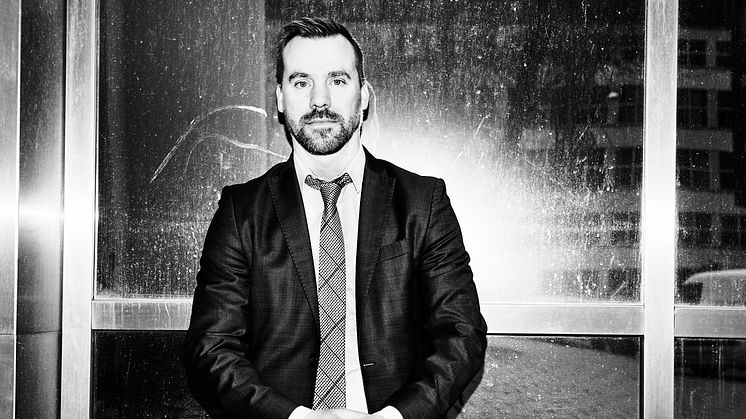
Blogginlägg -
It's 2018 and Time for Companies to Focus Less on Climate Change
After reading the title above you have most likely come to one of two conclusions. Either, that the SPP Sustainability team has been overrun by climate sceptics, or that SPP has suddenly changed tack and decided that business as usual is OK after all. Fortunately, I can re-assure you that both conclusions are wrong.
However, what is becoming increasingly clear to everyone who works with or is interested in sustainability issues, is that the total dominance of climate on the development agenda may well be hindering sustainable development as a whole.
Important initiatives risk being downgraded
The problems with an almost exclusive focus on Climate are twofold. Firstly, the changes companies make in sustainability practice risk being too superficial. If Climate Change is the problem, then it is fixed as soon as emissions are reduced. This means that wider initiatives addressing emissions to water, land use, gender equality and corruption may be downgraded or at worst ignored. Secondly, the Climate Change problem is most relevant for certain sectors in the economy. Energy, Utilities and Manufacturing and Agriculture to name the most obvious. What then are the implications for Finance, Information Technology and Health Care? These incredibly important areas of the economy risk being left behind and their influence on Sustainable Development underrated.
Nature is both vulnerable and essential for the well-being of the international economy.
Of course Climate Change is still an incredibly important issue. For the record, it has wide reaching implications for Sustainable Development and rates highly as a financially relevant risk for many sectors. However, it always has been, and remains, primarily a symptom of a far deeper and more ingrained societal problem. That of our inherently problematic relationship with the natural environment. This is a relationship based on the now outdated notion that natural resources should be extracted as quickly and effectively as possible for the greater economic good of society. It is beyond doubt that we have benefitted greatly as a society from the widespread use of natural resources. However, our one sided and exploitative relationship with nature has led to environmental degradation so extreme that it threatens the future of our financial system and our social welfare. When the decline in the bee population is so severe that trucks drive beehives from farm to farm in the US to pollinate crops, we have a serious problem. When two-thirds of the global population, 4 billion people, live under conditions of severe water scarcity for substantial periods each year, we have a serious problem. These are just two examples of the effects of a relationship with nature that remains mired in pre-industrial ways of thinking. What we now know, but have yet to fully appreciate, is that nature is at the same time both vulnerable and essential for the well-being of the international economy.
We need a fundamental shift and a broad and comprehensive understanding of sustainability
What is needed to ensure sustainable development is not merely a reduction of emissions, but a fundamental shift in attitudes towards resource management and the natural environment. Fortunately, we also have an international framework, relevant for both states and companies, that sets out the international sustainable development agenda in detail. The UN Sustainable Development Goals articulated in Agenda 2030 are comprehensive, interlocking and define what is needed if the world is to move in a sustainable direction by 2030. There is also increasing evidence to suggest that the goals represent perhaps some of the most substantial business opportunities of our time. As a long-term sustainable investor, SPP uses the sustainable development goals to identify both business models and specific companies that are well-placed to deliver a sustainable future. The most important result of this work is that the companies that come out on top are in a wide range of sectors and have been analyzed across a wide range of issues. Thus it is only through a broad and comprehensive understanding of sustainability that we can achieve our common goal of a thriving and sustainable society for the next generation.
Matthew Smith, Head of Sustainable Investments, Storebrand/SPP
